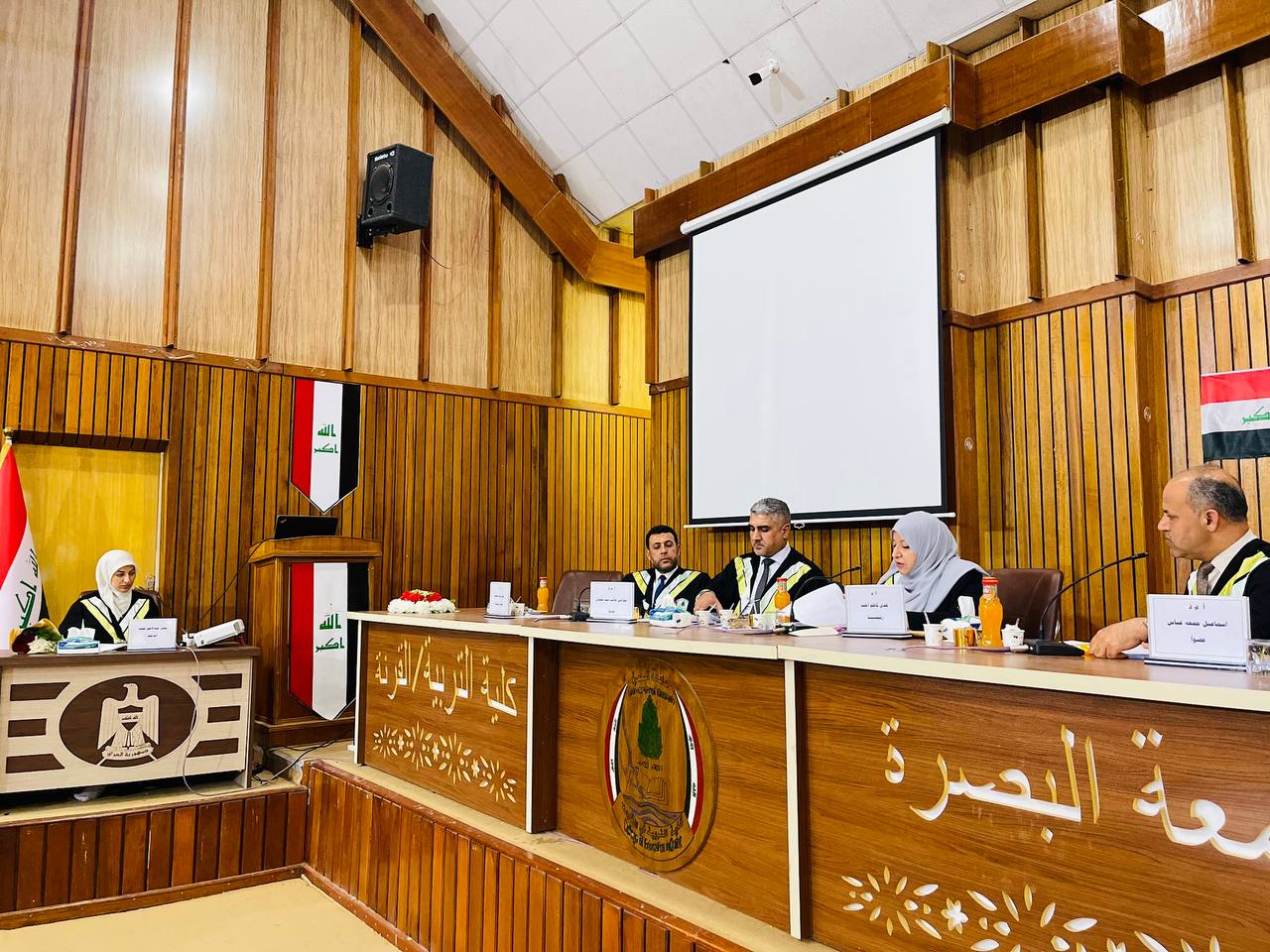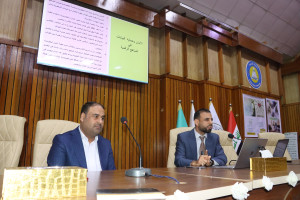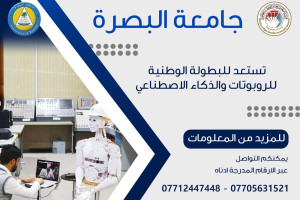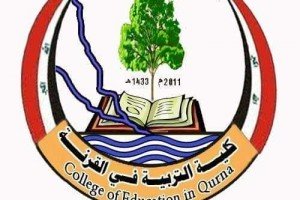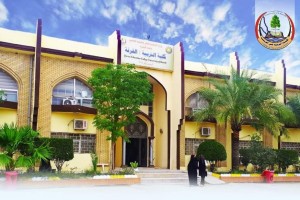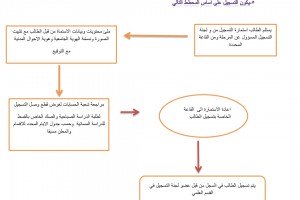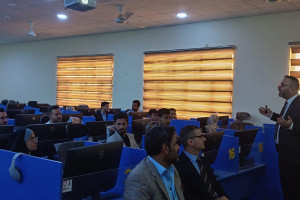
A master’s thesis at the University of Basra, College of Education, Qurna, Department of Life Sciences, discussed the study of isolation and diagnosis of insects and fungi associated with stored nuts and the detection of mycotoxins in Basra Governorate.
The study included diagnosing insects found in nut stores within Basra Governorate, and demonstrating their ability to transmit fungi on nuts, along with detecting mycotoxins produced by the identified fungi. Six types of insects were identified and described during the store survey from different areas of Basra Governorate, including the Khabra beetle. The red flour beetle, the predatory bug, the Indian flour moth, the saw-breasted beetle, and the grain moth.
In addition to isolating nine fungal species from nuts, proving the ability of insects to transmit fungi on stored nuts, and detecting the presence of nine types of mycotoxins using an HPLC device, with the appearance of another unspecified chemical compound.
The study concluded that insects are more harmful to stored nuts than fungi, and that they represent the vital factor for fungal infection, and fungi have the ability to produce new compounds when suitable conditions are available for them.

